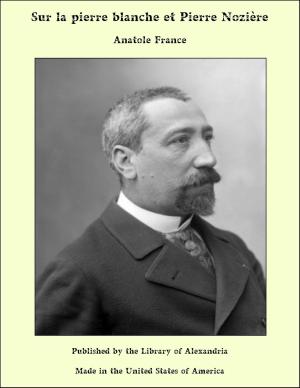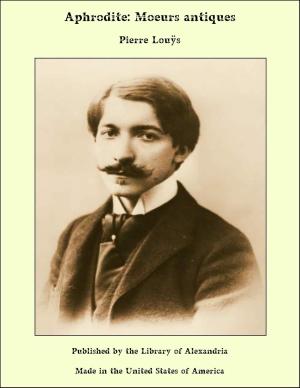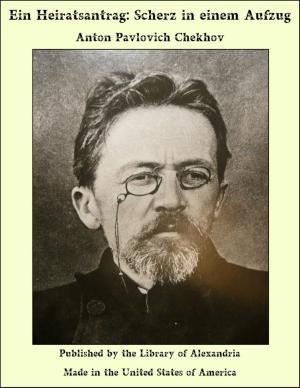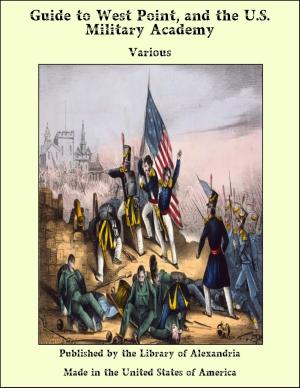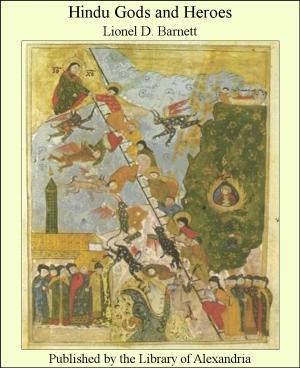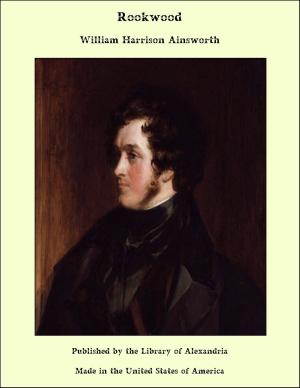Earl Hubert's Daughter: The Polishing of the Pearl - A Tale of the 13th Century
Nonfiction, Religion & Spirituality, New Age, History, Fiction & Literature| Author: | Emily Sarah Holt | ISBN: | 9781465582508 |
| Publisher: | Library of Alexandria | Publication: | March 8, 2015 |
| Imprint: | Language: | English |
| Author: | Emily Sarah Holt |
| ISBN: | 9781465582508 |
| Publisher: | Library of Alexandria |
| Publication: | March 8, 2015 |
| Imprint: | |
| Language: | English |
The thirteenth century was one of rapid and terrible incidents, tumultuous politics, and in religious matters of low and degrading superstition. Transubstantiation had just been formally adopted as a dogma of the Church, accompanied as it always is by sacramental confession, and quickly followed by the elevation of the host and the invention of the pix. Various Orders of monks were flocking into England. The Pope was doing his best, aided by the Roman clergy, and to their shame be it said, by some of the English, to fix his iron yoke on the neck of the Church of England. The doctrine of human merit was at its highest pitch; the doctrine of justification by faith was absolutelyunknown. Amid this thick darkness, a very small number of true-hearted, Heaven-taught men bore aloft the torch of truth—that is, of so much truth as they knew. One of such men as these I have sketched in Father Bruno. And if, possibly, the portrait is slightly over-charged for the date,—if he be represented as a shade more enlightened than at that time he could well be—I trust that the anachronism will be pardoned for the sake of those eternal verities which would otherwise have been left wanting.
The thirteenth century was one of rapid and terrible incidents, tumultuous politics, and in religious matters of low and degrading superstition. Transubstantiation had just been formally adopted as a dogma of the Church, accompanied as it always is by sacramental confession, and quickly followed by the elevation of the host and the invention of the pix. Various Orders of monks were flocking into England. The Pope was doing his best, aided by the Roman clergy, and to their shame be it said, by some of the English, to fix his iron yoke on the neck of the Church of England. The doctrine of human merit was at its highest pitch; the doctrine of justification by faith was absolutelyunknown. Amid this thick darkness, a very small number of true-hearted, Heaven-taught men bore aloft the torch of truth—that is, of so much truth as they knew. One of such men as these I have sketched in Father Bruno. And if, possibly, the portrait is slightly over-charged for the date,—if he be represented as a shade more enlightened than at that time he could well be—I trust that the anachronism will be pardoned for the sake of those eternal verities which would otherwise have been left wanting.

